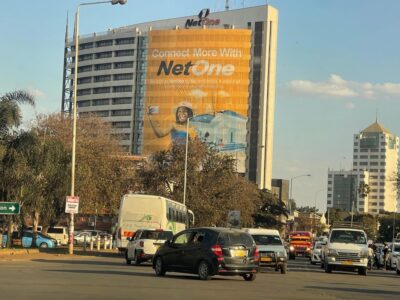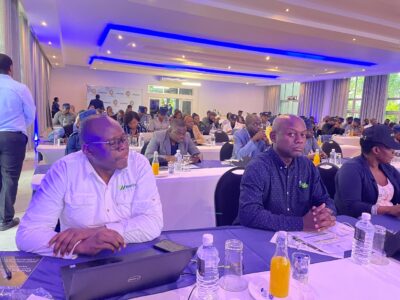Harare remains noticeably left out as Starlink, the satellite internet service operated by SpaceX, has quietly resumed accepting new residential customers in several high-demand African cities.

This comes after a seven-month freeze on registrations in congested urban zones. Users in parts of Kenya, Nigeria, Zambia, Ghana, and Zimbabwe have reported renewed access to the sign-up portal, signalling a partial easing of bandwidth restrictions that had been in place since late 2024.
The reopening comes as a relief to many prospective subscribers who had been locked out of the service due to network capacity issues. However, some major cities including Lagos, Abuja, and Harare remain under access restrictions, indicating that Starlink’s infrastructure upgrades are still a work in progress across the continent.
By Gamuchirai Mapako
In November 2024, Starlink abruptly halted new user registrations in several African urban centres, citing overwhelming demand and insufficient bandwidth. The affected areas included
Kenya: Nairobi, Kiambu, Machakos, Kajiado, and Murang’a
Nigeria: Lagos, Abuja, Kano, Port Harcourt, and Warri
Zambia: Lusaka
Ghana: Accra
At the time, Starlink explained that its network had reached maximum capacity, leaving no room for additional residential or roaming users.
“Too many users are trying to access the Starlink service… and there isn’t enough bandwidth to support additional customers,” the company stated in a notice.
While Starlink has not issued an official statement announcing the resumption of services, checks across multiple regions confirm that the “sold-out” message on its website has been removed for several previously restricted cities. New subscriptions are now reportedly available in
Kenya: Nairobi and surrounding areas
Nigeria: Kano, Port Harcourt, and Warri
Zambia: Lusaka
Ghana: Accra
Zimbabwe: Select regions (though Harare remains restricted)
This reopening suggests that Starlink has made infrastructure upgrades to ease congestion and onboard new customers in some regions. But with certain urban hubs still restricted, it’s clear that bandwidth limitations remain a work in progress across parts of the continent.
The move signals that Starlink is slowly finding its rhythm in Africa’s high-demand internet landscape, where the appetite for reliable, high-speed connectivity continues to surge.












Comments